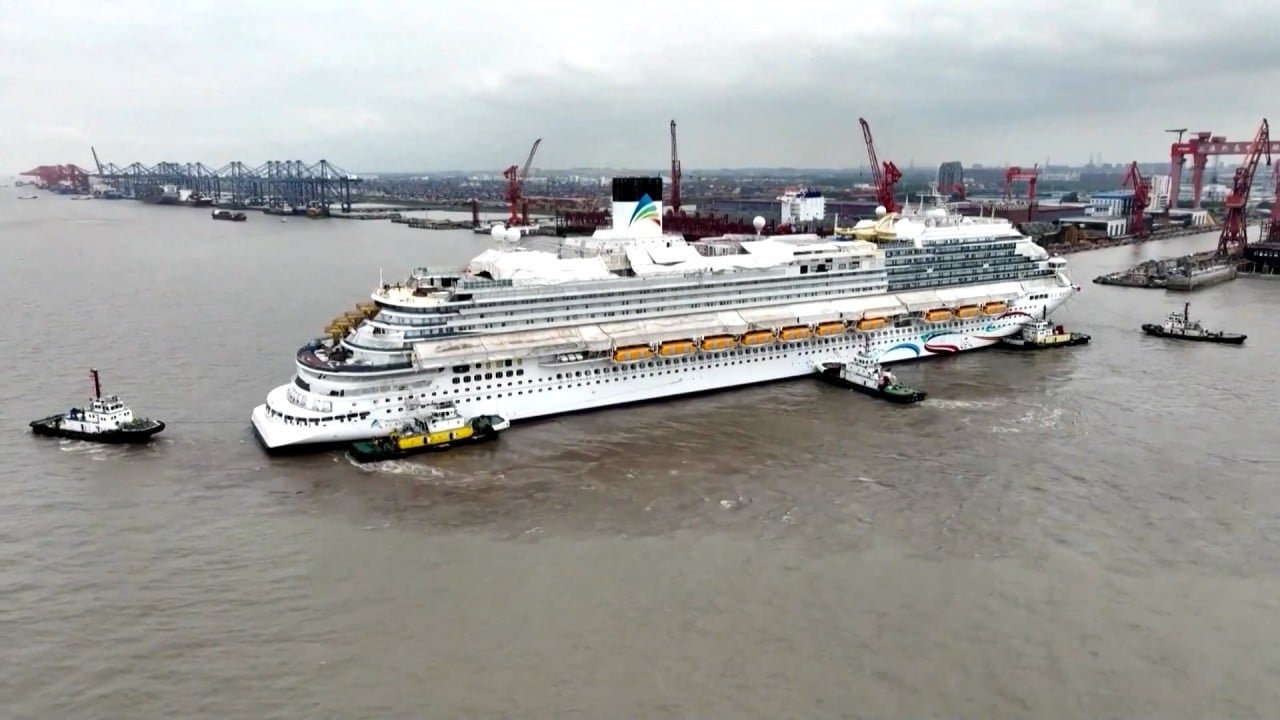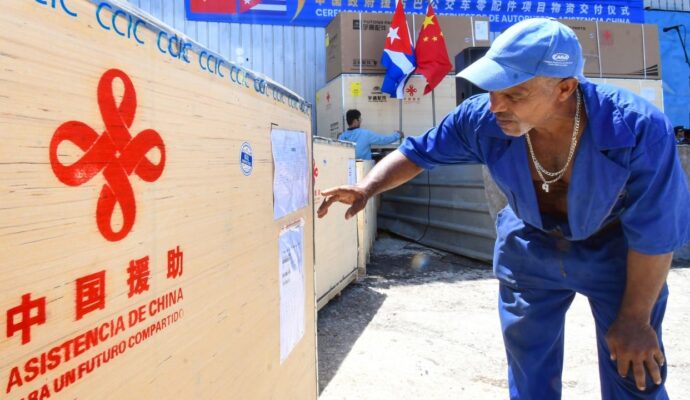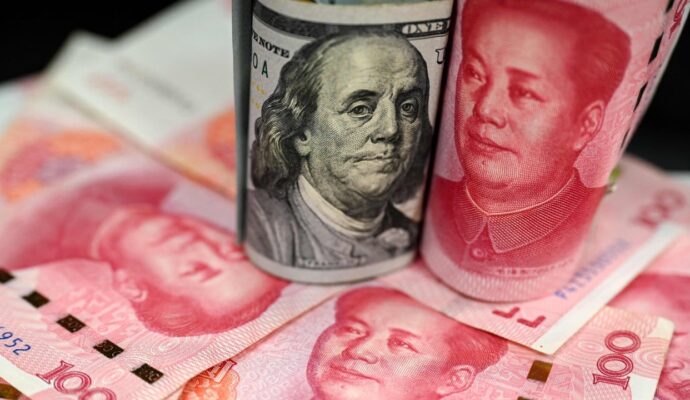China has overtaken Greece as the owner of the largest shipping fleet in terms of gross tonnage, according to a report by a leading global industry information provider, as it steps up efforts to become a major maritime power.
The Chinese-owned fleet has reached 249.2 million gross tonnage, or 15.9 per cent of the market share, edging ahead of Greece’s 249 million gross tonnage and Japan’s 181 million gross tonnage, according to Clarksons Research on Friday.
South Korea and the United States ranked fourth globally at around 66 million GT, with Germany falling from fourth in 2013 to seventh, the report showed.
The results, together with China’s massive shipbuilding capacity and outstanding orders, would help consolidate Beijing’s lead in international trade, but would also bring challenges, including meeting carbon emission reduction targets, analysts said.
China has been more active in the new build market
“China has been more active in the new build market (it is now almost double the Greek-owned order book),” said Clarksons analyst Stephen Gordon.
“An increasingly active and professional finance sector has been helpful, with Chinese leasing playing a key role.”
Advertisement
However, China’s ship ownership market share remains low compared to its 22 per cent share of global imports and 33 per cent share of container exports, Gordon added.
And Greece continued to hold the largest share of global deadweight tonnage – the total weight a ship can carry – at 18 per cent.
The European nation also remains the world’s leading tanker owner with a 25 per cent market share, and its share of liquefied natural gas carriers has risen from just 3 per cent in 2013 to 21 per cent this year.
As the world’s largest seaborne energy importer, China has the eighth largest fleet of liquefied natural gas and liquefied petroleum gas carriers combined, behind the likes of Japan and South Korea, added Clarksons on Monday.
Advertisement
“[China] still sees room for further development to catch up, its tankers are half the size of Greek shipowners’, who have a huge number of large, private, independent shipowners,” Clarksons analyst Xing Yue said.
All you need to know: timeline of China’s first home-built large cruise liner
All you need to know: timeline of China’s first home-built large cruise liner
China has been the world’s leading investor in shipbuilding for four consecutive years, according to Clarksons, while it has the youngest fleet of all major ship-owning countries, with an average age of 14.4 years compared to the global average of 22.4 years.
Advertisement
However, geopolitics, trade fragmentation and decarbonisation are set to pose challenges for China’s shipping ambitions.
The International Maritime Organization said in July it wants international shipping to reach net-zero emissions close to 2050, meaning ships will have to comply with stringent sulphur oxide controls from 2025.
The definition of zero-carbon fuels and punitive economic measures will also have a major impact on China’s shipping industry, shipping giant Cosco said last week.
Advertisement
Chinese shipbuilders completed a total of 21.13 million deadweight tonnage of new ships in the first half of 2023, up by 14. 2 per cent from a year earlier, according to the Ministry of Industry and Information Technology.
Advertisement



